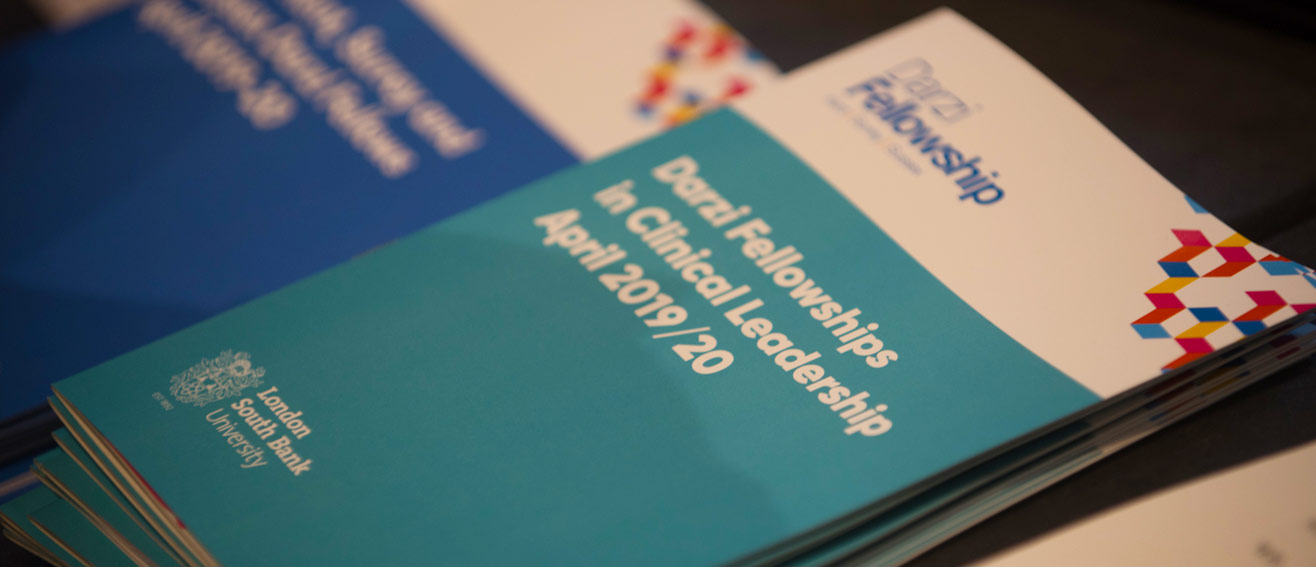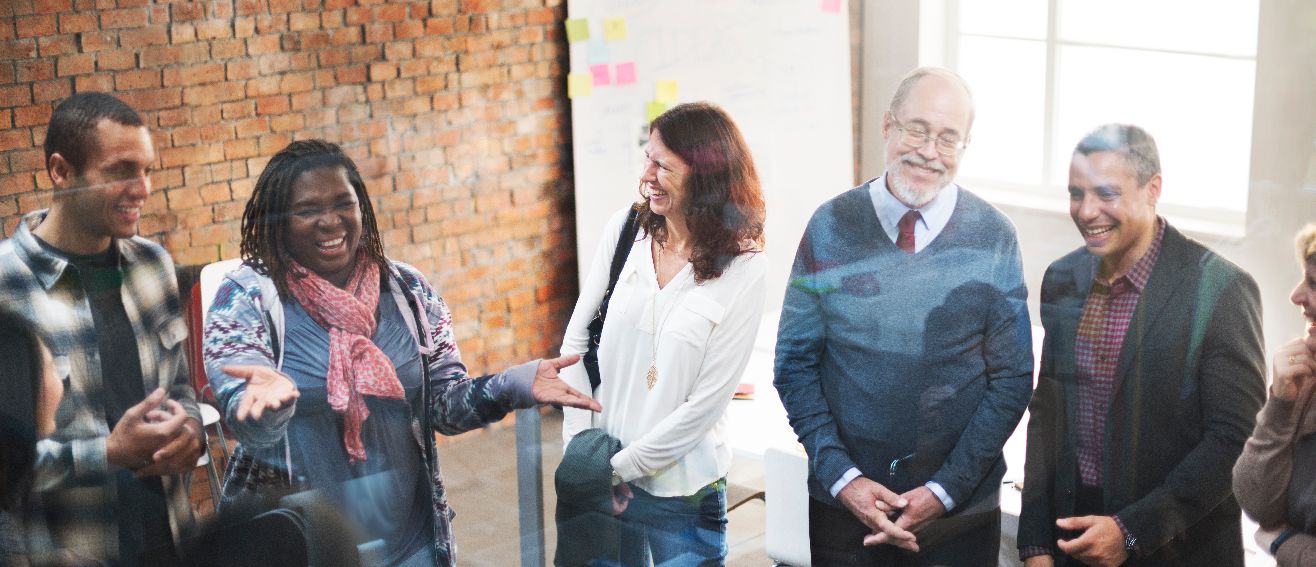The prototype meant that three people who would otherwise have had potentially long and deleterious admissions to inpatient care were cared for successfully at home with a cost saving of £9753. Potential annual savings from integrated care for complex delirium: £117,036
See the project poster here



